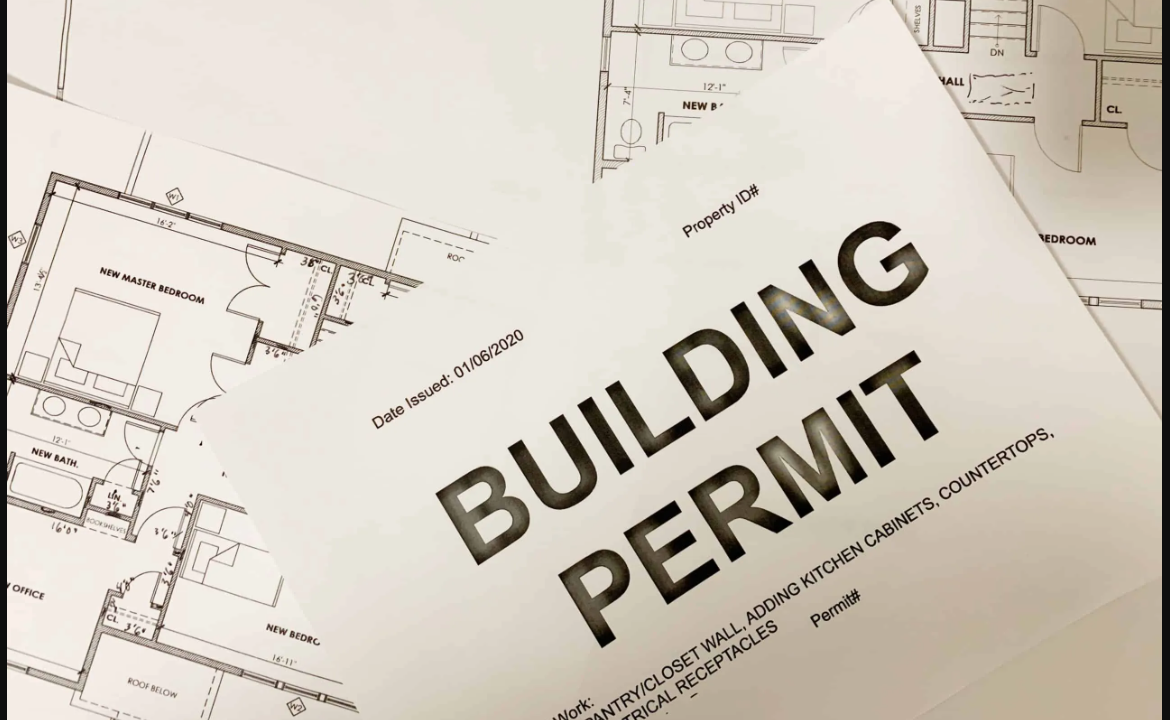
So you have big plans for your property in Indonesia like a new house to call home, a spacious office upgrade, or maybe even a stylish instagrammable restaurant for your new business. Before you go far with those plans, there’s one crucial step you can’t skip: apply for building permits.
Type of Building Permits in Indonesia
Ensuring the safety and functionality of buildings is highly important. Therefore, it is mandatory for all building owners and developers to obtain a building permit. This is what keeps your construction project safe, legal, and drama-free.
The Building Law No.28 of 2002, as amended by Law No. 11 of 2020 (the Omnibus Law) and Regulation 16 of 2021, mandates a comprehensive building permit process in Indonesia. This process ensures the safety and functionality of all buildings. In Indonesia, you will encounter three main permits:
1. PBG (Building Construction Permit): This is your project’s blueprint, outlining details like building type, location, construction plans and technical specs.
2. SLF (Certificate of Occupancy): This is basically your “congratulations, you built something awesome and safe” certificate. It signifies that your building has passed inspection and is officially deemed fit for its intended purpose.
3. SBKBG (Building Ownership Certificate): This one’s particularly useful if you ever want to sell, inherit, or use your building as collateral for a loan. It’s basically the official proof of ownership, proving you’re the rightful boss of that property.
All these documents are issued by the regional government where you’re building. While the process might seem like extra paperwork to deal with, skipping it can turn your construction project into a legal battle.
Skipping Building Permit: Administrative Sanctions
To underscore the importance of compliance, the Indonesian government enforces strict sanctions for non-adherence. These are some of the administrative consequences for building without a permit:
1. Written Warnings: The authorities may issue written warnings to the building owner, occupants, or construction service providers, urging them to comply with the regulations and obtain the required permits.
2. Restrictions on Construction Activities: The authorities can impose restrictions on construction activities, limiting or halting the progress of the project until the necessary permits are obtained.
3. Temporary or Permanent Suspension of Construction: In more serious cases, the authorities may order a temporary or permanent suspension of construction activities to ensure public safety and prevent further violations.
4. Suspension or Revocation of Permits: The PBG and SLF permits may be frozen or revoked if the violations persist, effectively prohibiting the use or occupation of the building.
5. Sanctions for Experts and Technical Reviewers: Experts and technical reviewers involved in the project may also face sanctions, including suspension or removal from their respective professional associations.
6. Temporary or Permanent Termination of Overseer Duties: Overseers (pengawas) responsible for overseeing the construction process may have their duties temporarily or permanently suspended for failing to ensure compliance with regulations.
7. Building Demolition Order: In extreme cases, the authorities may order the demolition of the building if it poses a significant threat to public safety or environmental well-being.
Criminal Sanctions and Fines
In addition to administrative sanctions, non-compliance with the Building Law and the Omnibus Law can also lead to criminal penalties and fines. If the owner or occupant of a building without PBG and SLF permits fails to adhere to the regulations, they may deal with:
1. Imprisonment for up to three years or a fine of up to 10% of the building’s value may be imposed if the non-compliance causes property damage to others.
2. Increased Imprisonment and Fines for Serious Consequences: If the non-compliance results in serious injuries or death of others, the imprisonment term can increase to four or five years, respectively, and the fine can reach up to 15% or 20% of the building’s value.
Reporting Non-compliant Buildings
As a responsible citizen, you can play a crucial role in upholding building safety regulations by reporting suspected non-compliant buildings to the authorities. You can submit a written report to the Central Government or the local government of the relevant kabupaten/kota, highlighting concerns about:
1. Buildings deemed unfit for their intended use
2. Buildings whose construction, utilization, preservation, or demolition poses a potential threat to users, the community, or the environment
In conclusion, building permits are mandatory and apply to everyone, including indigenous communities that have already constructed buildings without prior permits. The legal consequences for non-compliance are severe. Adhering to building regulations is important to ensure public safety and environmental protection.
Stress-free Building Permit Registration
If a building has already been constructed without building permits, the owner can still explore options for regularization. Consulting with a professional or the local building authority can provide specific details on the prescribed process and requirements.
For a smooth and compliant construction journey, consider partnering with a reliable legal expert. Seven Stones Indonesia consists of experienced professionals in building permit registration and can guide you through every step. Fill in our inquiry box below to discuss your specific needs regarding your building projects. We all want a stress-free registration process, right?
